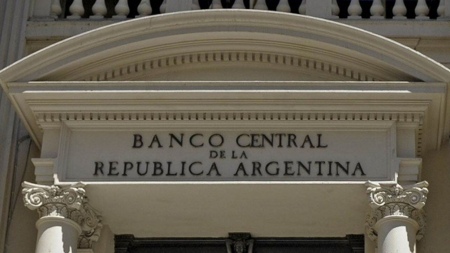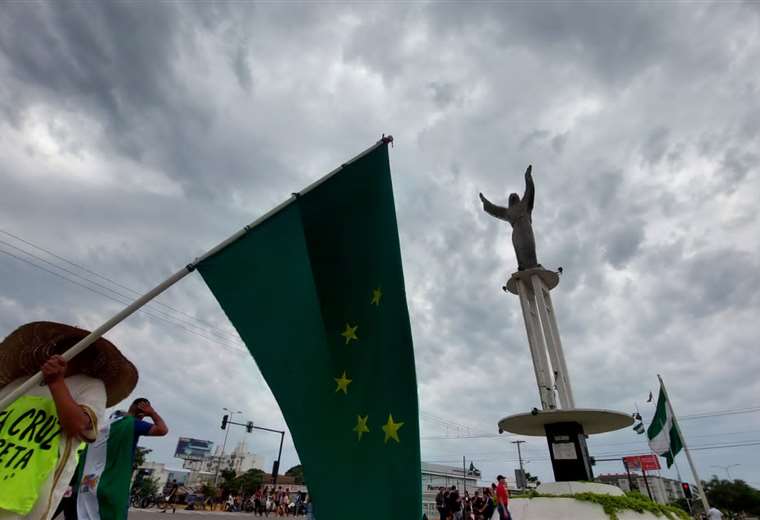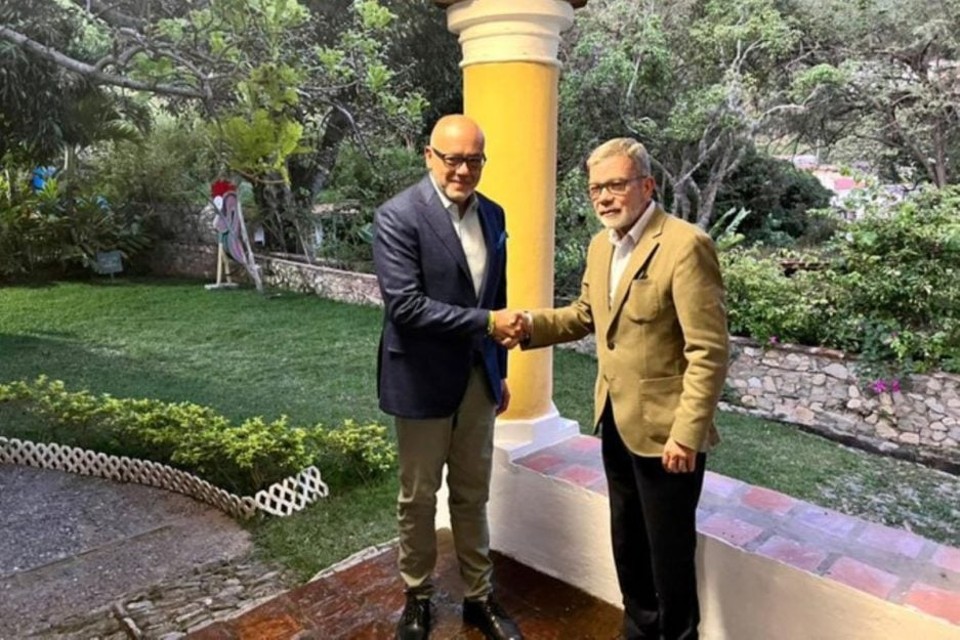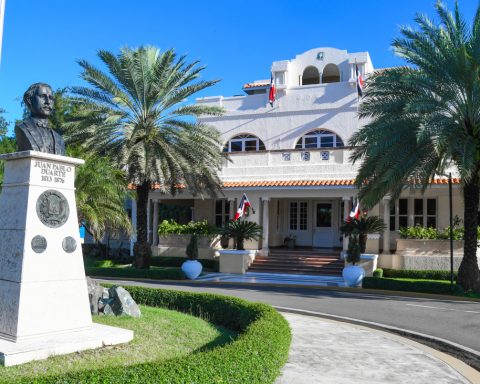Tourists from abroad who visit Argentina and make expenses with a card will be able to access, starting this Friday, the MEP dollar exchange ratewhich on Thursday closed at $293, instead of the retailer that did it at $158, with which they operated until now, so as to facilitate their operations and prevent them from changing their bills for cash in the informal market.
As reported by the BCRA through the Communication “A” 7630the measure exempts payments made by “non-residents by means of debit, credit, purchase or prepaid cards issued abroad” from settlement in the foreign exchange market.
Among them are included the charges for any type of tourist service in the country contracted by non-residentsincluding those contracted through wholesale or retail travel and tourism agencies in the country, as well as charges for transportation services for non-resident passengers bound for the country by land, air or water.
As official sources explained to Télam, the procedure implies that the dollars with which tourists pay will be changed into pesos through the financial market and then they will pay businesses or services in pesos with the MEP dollar exchange rate calculated “with the most liquid bonds.
“Until today, the exchange rate of the Banco Nación was used. The card companies will be able to charge a commission for said operation,” the sources explained, since it is not the banks that intervene in the expenses of foreigners in Argentina, but the companies Of cards.

Yes ok It will not be mandatory for card companies to offer this servicethose that do have the obligation to settle the dollars through the MEP dollar.
The latter is a key factor, since the operations of MEP dollar -Unlike those of cash with liquidation – imply that the person or entity that buys those dollars through the operation in the stock market then deposits them in a bank in Argentina, through its broker.
In that sense, although the central bank will stop receiving the dollars that entered the country through the exchange market, yes will serve to swell the gross reservessince a part of the foreign currency that enters will be part of the reserves of the deposits in dollars of the accounts of the sellers.
















